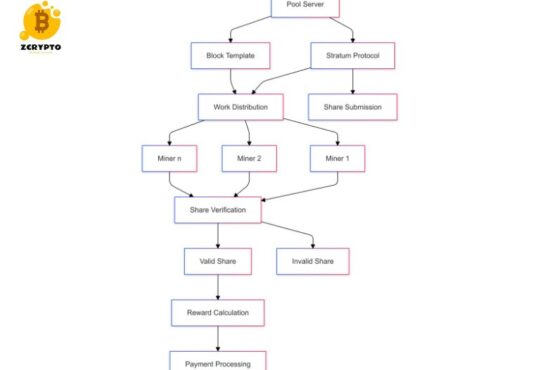
Boosting Business Success: The Power of Financial Accountability in Finance and Investing
The Significance of Financial Accountability
Why Financial Accountability is Crucial
Trust and Transparency are foundational elements of any successful business. Financial accountability fosters trust among stakeholders, including investors, consumers, and partners. When financial information is transparent and reliable, it sends a strong signal about the company’s commitment to integrity and honesty. This trust is crucial for attracting investors, retaining customers, and maintaining strong partnerships.
Accurate and up-to-date financial data also enables informed decision-making. Managers rely on financial reports to assess performance, identify areas for improvement, and make strategic decisions. Without reliable financial data, decision-making becomes a gamble rather than a well-informed process.
Moreover, financial accountability ensures financial stability and growth. By eliminating wasteful expenditures and ensuring sufficient liquidity, businesses can navigate economic downturns more effectively and capitalize on growth opportunities. This stability is essential for sustainable growth and long-term success.
Legal and Ethical Obligations
Maintaining financial accountability is not just good practice; it is also a legal requirement. Businesses must comply with various regulations, including tax laws and financial reporting standards. Non-compliance can result in severe penalties, legal action, and damage to the company’s reputation.
Strategies to Build Financial Accountability
Establish Clear Policies and Procedures
Developing clear, explicit policies for financial management is paramount. These policies should cover all aspects of financial operations, such as procurement, expense management, and approvals. The key here is clarity and accessibility; procedures should be straightforward and easily comprehensible to avoid ambiguity and errors.
Define Budget and Budget Ownership
Engaging departments in developing realistic budgets and assigning them ownership of managing those budgets promotes cost-consciousness. When departments are responsible for their own budgets, they are more likely to be mindful of expenditures and strive for efficiency.
Lead by Example and Communicate Clear Expectations
Leadership plays a critical role in demonstrating integrity and adherence to financial policies. CFOs and other senior executives must lead by example, showing a commitment to transparency and ethical practices. Clear communication of financial expectations across all levels of the organization ensures that everyone is aligned with the company’s financial goals.
Educate and Empower Employees
Promoting financial literacy among employees is essential for making informed financial decisions. Providing training opportunities helps employees understand the impact of their actions on the company’s financial health. Empowered employees are more likely to contribute positively to the organization’s financial well-being.
Implement Robust Financial Controls
Strong internal controls are necessary to ensure compliance, accuracy, and reliability of financial information. Regular audits and reviews help address emerging risks and ensure that financial practices remain accountable. These controls act as a safeguard against fraud and mismanagement.
Tools and Mechanisms for Financial Accountability
Auditing
Both internal and external auditing play vital roles in ensuring fairness and accuracy in financial practices. Internal audits help identify internal risks and weaknesses, while external audits provide an independent verification of financial statements. Adhering to International Standards on Auditing (ISA) ensures that auditing processes meet global best practices.
Management Accounting
Management accounting involves analyzing financial data to assist managers in making better decisions. Key metrics such as financial leverage help managers understand the company’s financial position and make informed decisions about resource allocation.
Financial Reporting
Adhering to Generally Accepted Accounting Principles (GAAP) or International Financial Reporting Standards (IFRS) is crucial for financial reporting. These standards ensure that financial reports are consistent, reliable, and comparable. Effective financial reporting communicates a company’s financial health to various stakeholders, including investors, regulators, and customers.
Benefits and Outcomes of Financial Accountability
Enhanced Decision-Making
Financial accountability ensures that financial decisions are based on accurate and up-to-date information. This leads to data-driven decisions, reducing the risk of missteps and improving overall performance.
Risk Mitigation and Fraud Prevention
A transparent financial environment discourages dishonest behavior and mitigates the risk of fraud. Strong internal controls and regular audits create a system where any irregularities are quickly identified and addressed.
Financial Stability and Growth
Financial accountability supports sustainable growth by ensuring sufficient liquidity and prudent use of resources. This stability allows businesses to weather economic storms better and capitalize on growth opportunities.
Stakeholder Trust
Compliance with financial regulations enhances the business’s reputation with regulatory bodies and stakeholders. Trust built through financial accountability can lead to increased investor confidence, customer loyalty, and stronger partnerships.



